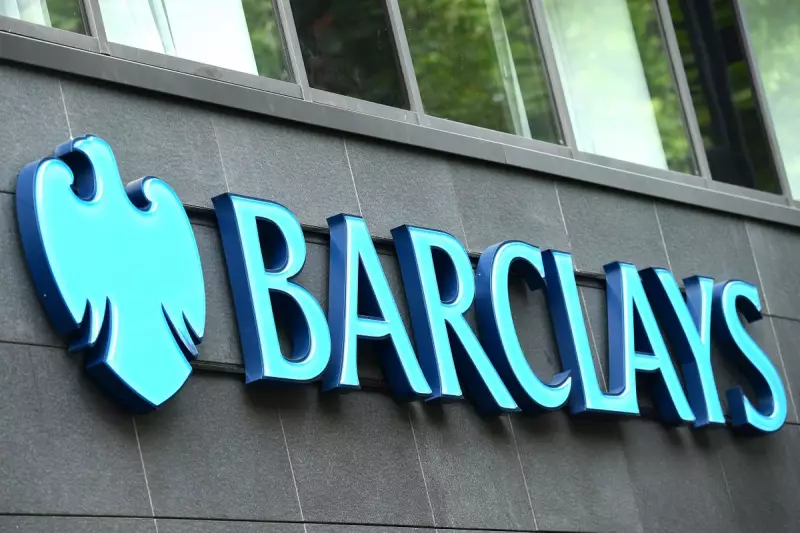
Barclays is reportedly in advanced negotiations to acquire Tesco Bank, a deal that could significantly alter the UK's retail banking landscape. According to sources, the high-street banking giant is in exclusive talks with the supermarket chain's financial arm, potentially marking one of the biggest banking acquisitions in recent years.
Why This Deal Matters
The potential acquisition comes as traditional banks face increasing competition from digital challengers and supermarket banking divisions. Tesco Bank, which offers credit cards, loans, and insurance products to over 5 million customers, has been seen as an attractive target for established financial institutions looking to expand their customer base.
What Customers Need to Know
While neither party has confirmed the discussions, industry analysts suggest the deal could bring several changes for Tesco Bank customers:
- Potential migration of accounts to Barclays' systems
- Changes to interest rates and product offerings
- Possible branch closures or integration into Barclays' existing network
- New digital banking features from Barclays' technology
The Bigger Picture
This move reflects the ongoing consolidation in the UK banking sector, where traditional players are seeking to bolster their market position against fintech disruptors. For Barclays, acquiring Tesco Bank would provide immediate access to millions of new customers and strengthen its position in the competitive retail banking market.
The deal, if completed, would represent a strategic shift for Tesco as well. The supermarket chain has been gradually scaling back its financial services operations in recent years, focusing more on its core retail business.
Regulatory Hurdles Ahead
Any agreement would likely face scrutiny from financial regulators concerned about market concentration. The Competition and Markets Authority would need to assess whether the deal could reduce competition in the UK banking sector.
Banking experts suggest the negotiations could take several months to conclude, with due diligence and regulatory approvals potentially extending the timeline well into 2025.





